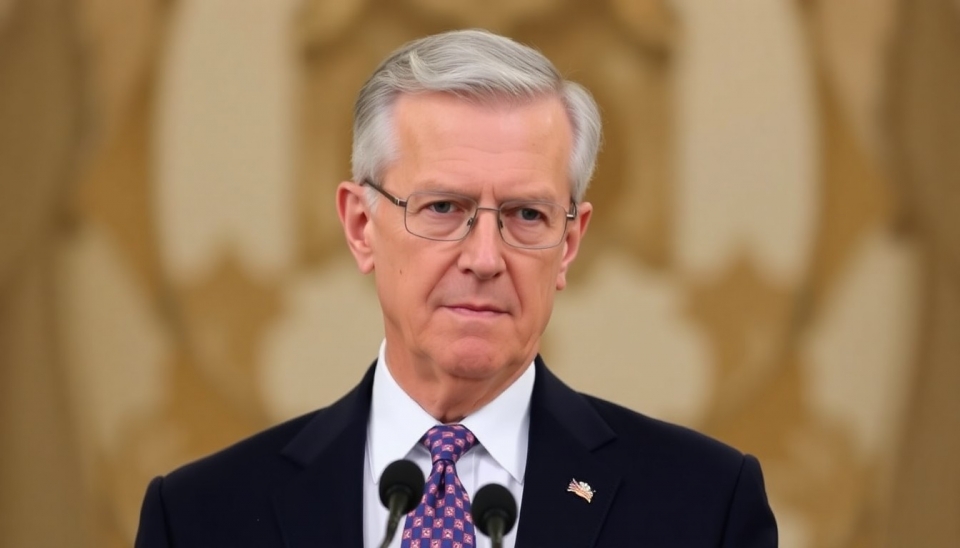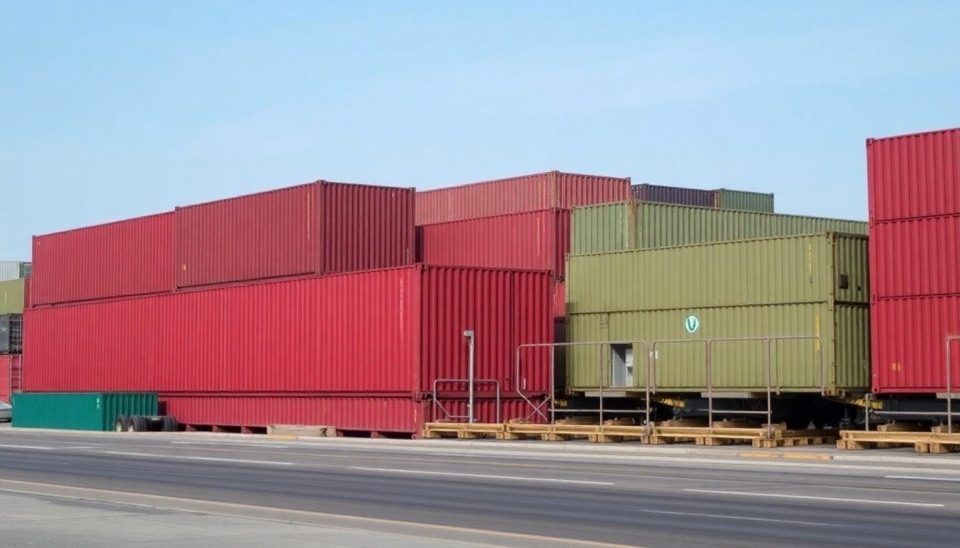Radical Changes to India's Inflation Regime Could Be Risky, Study Shows

Recent research indicates potential consequences of radical changes to India's inflation management regime. Scholars warn that these changes may lead to unexpected economic outcomes that could negatively impact the well-being of the population.
The Indian government is considering revising its inflation policy in light of current economic conditions and international trends. However, experts argue that such decisions should be made with caution regarding potential risks that could affect consumer prices and economic growth.
The issue of inflation in India has become particularly relevant in recent months as prices for essential goods and services continue to rise. Studies show that changing the approach to inflation management without proper analysis may exacerbate the problem and create instability in financial markets.
Experts emphasize the need for a more balanced approach that considers the interests of both consumers and businesses. Potential risks include increased debt for households and corporate clients, which could negatively affect the financial climate in the country.
However, some economists believe that changes are still necessary to adapt to rapidly changing conditions. They stress that without reforms, the system may become unsuitable for current challenges, including global economic shifts and commodity price fluctuations.
In light of the above, experts urge the Indian government to proceed with caution and intelligence to avoid potential negative consequences. The main priority should remain ensuring economic stability and protecting the living standards of citizens.




